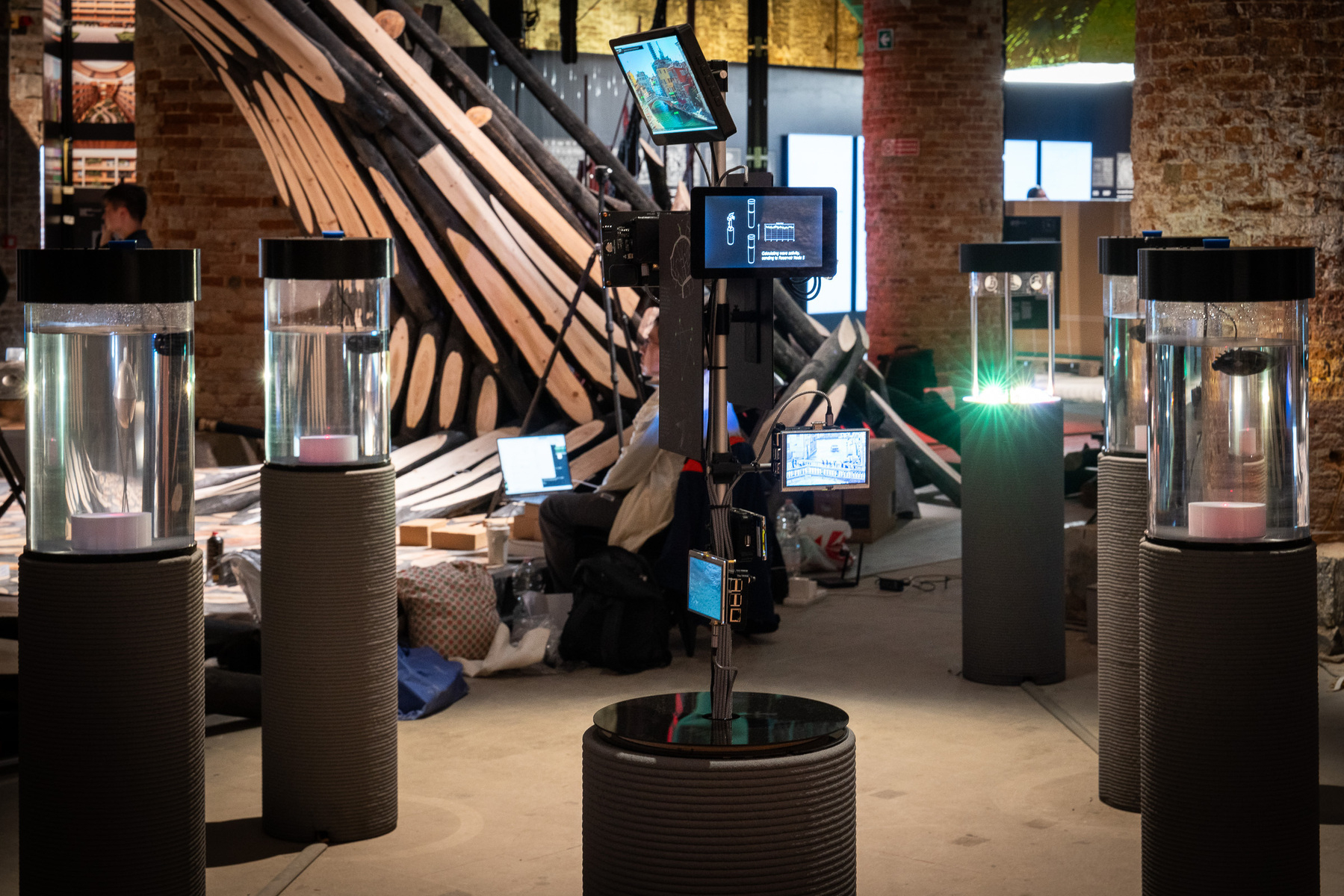The second piece in my series on finding the right line between human thought and AI assistance: “Can AI Prompt Us to Ask New Questions?”
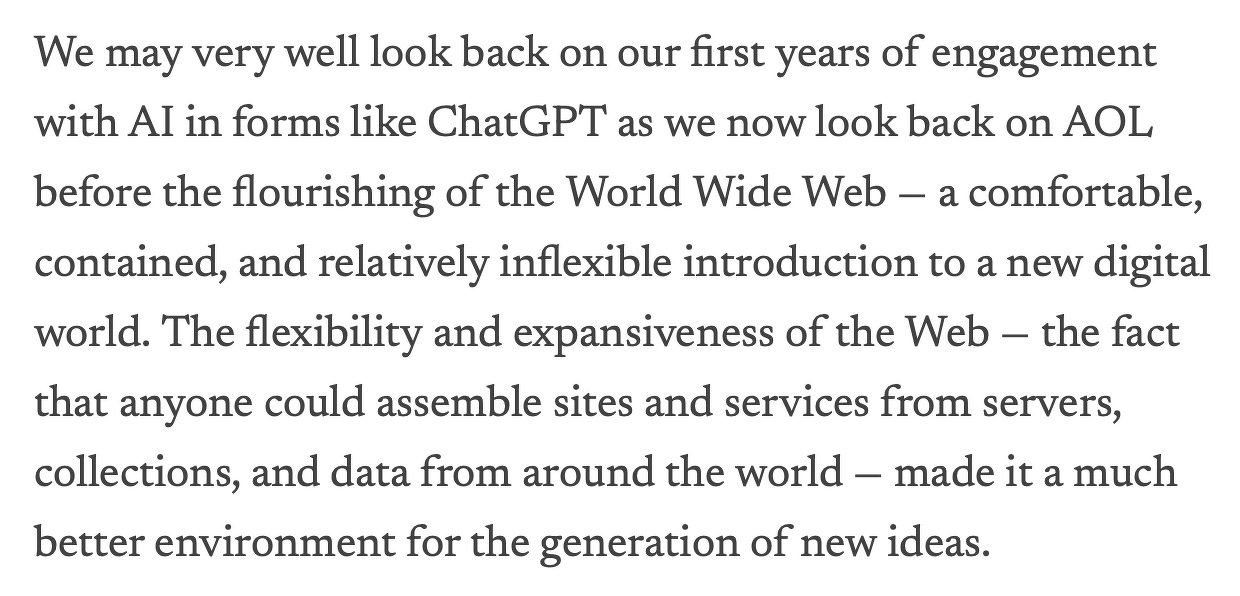
The second piece in my series on finding the right line between human thought and AI assistance: “Can AI Prompt Us to Ask New Questions?”

New essay: “Can AI Prompt Us to Ask New Questions?” — Not with chatbots as we know them, but perhaps with what comes next
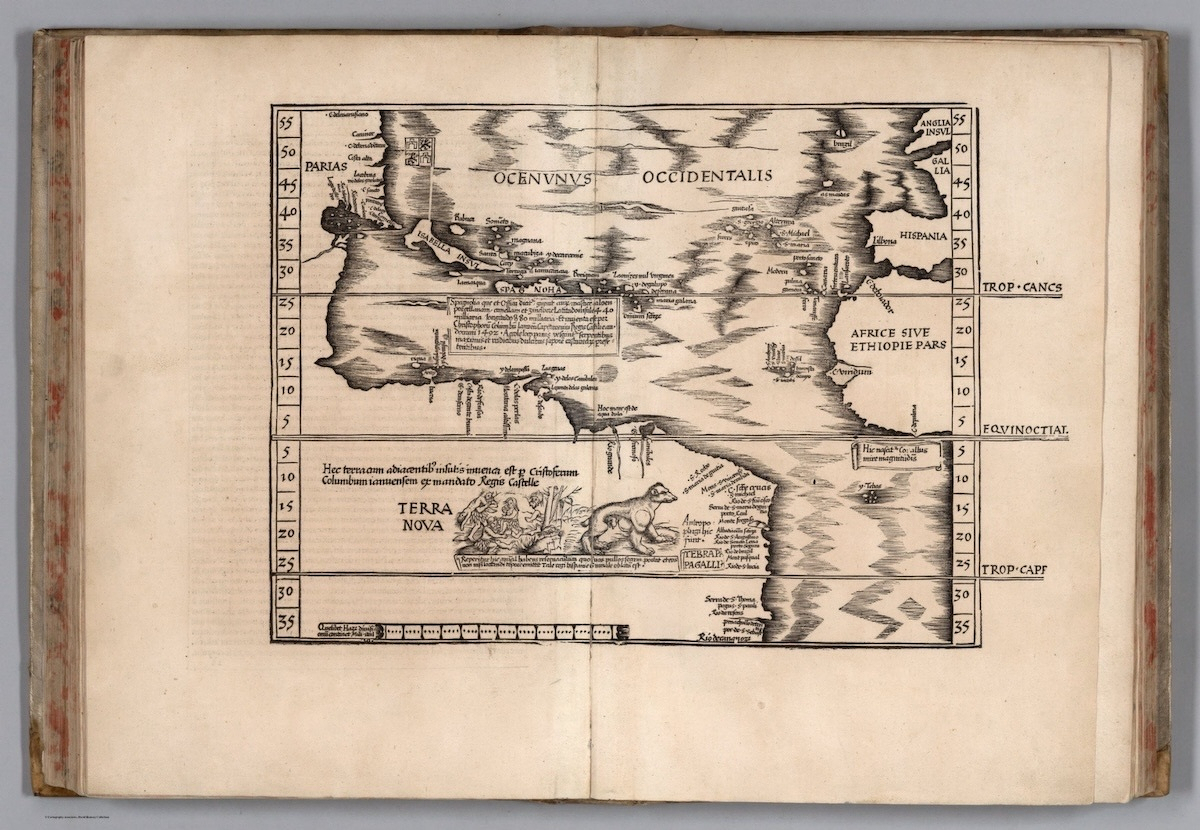
And an occasional reminder that you can subscribe to my newsletter at newsletter.dancohen.org
New issue of my newsletter: “Where Should Scholars Draw the Line on AI?” — Between the poles of Zero AI and AI For Everything lies a vast, poorly mapped middle ground
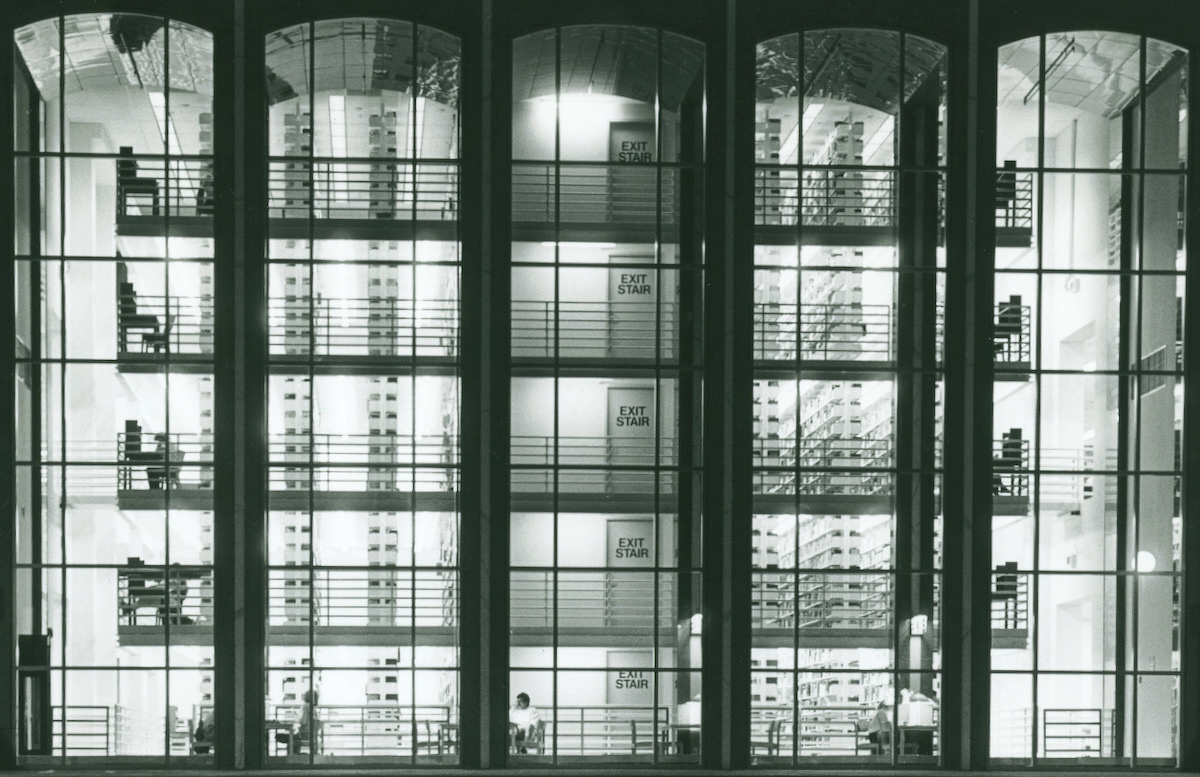
A special issue of my newsletter for Martin Luther King Jr. Day: “A Hero’s Iconography” — A shocking photograph featured a brave man — and visual echoes of the art he loved

New issue of my newsletter: “Far From Reassuring” — AI companies need to focus on limits, not limitless possibilities, to get the public on board

whoa, @ayjay, re: your latest blog post, this is the exhibit I went to today at the Harvard Art Museum
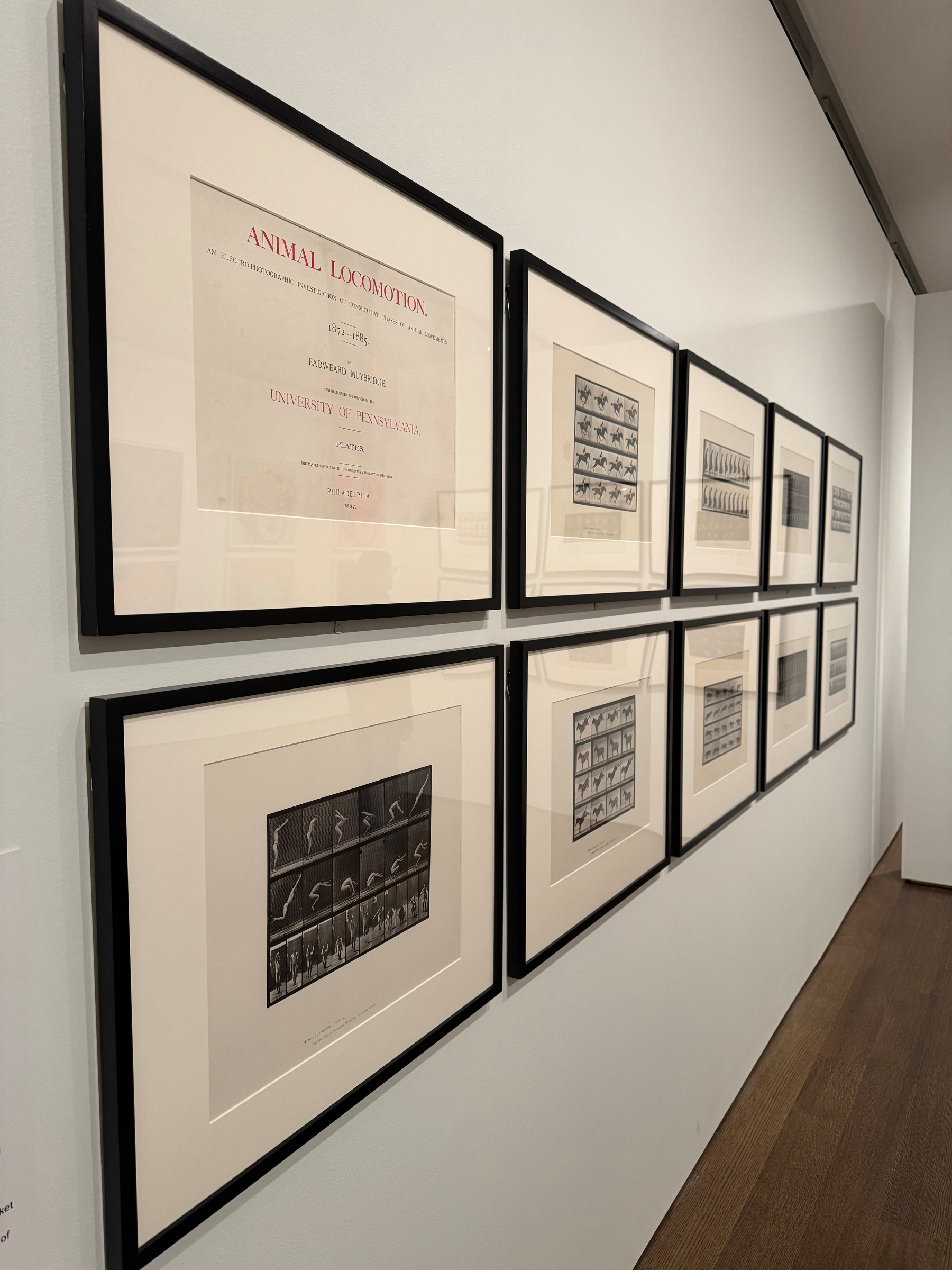
New issue of my newsletter: “The Writing Is on the Wall for Handwriting Recognition” — One of the hardest problems in digital humanities has finally been solved, and it’s a good use of AI
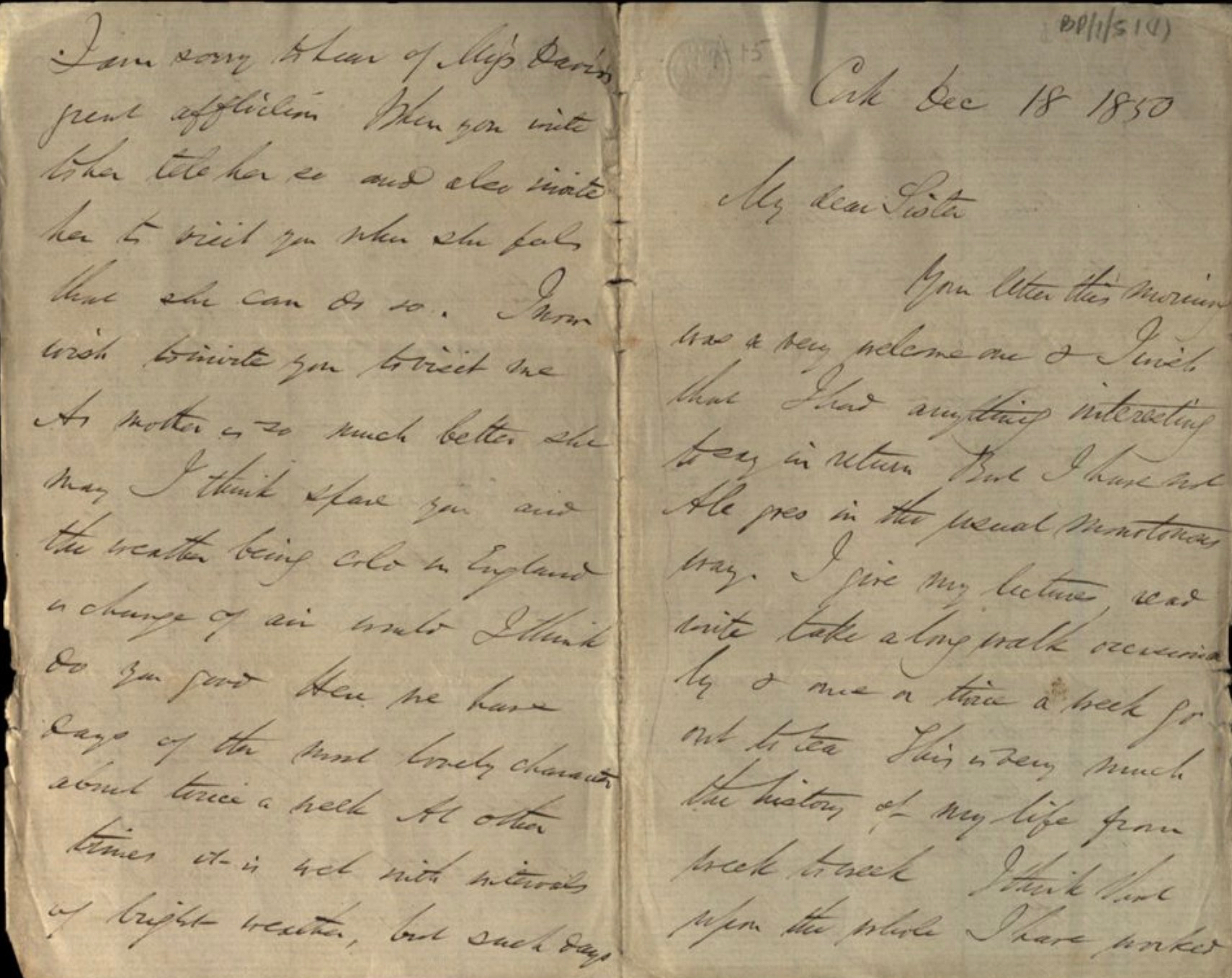
New issue of my newsletter: “The Index and the Vector” — Converting ambiguity into precision can help a broader audience discover and learn from collections
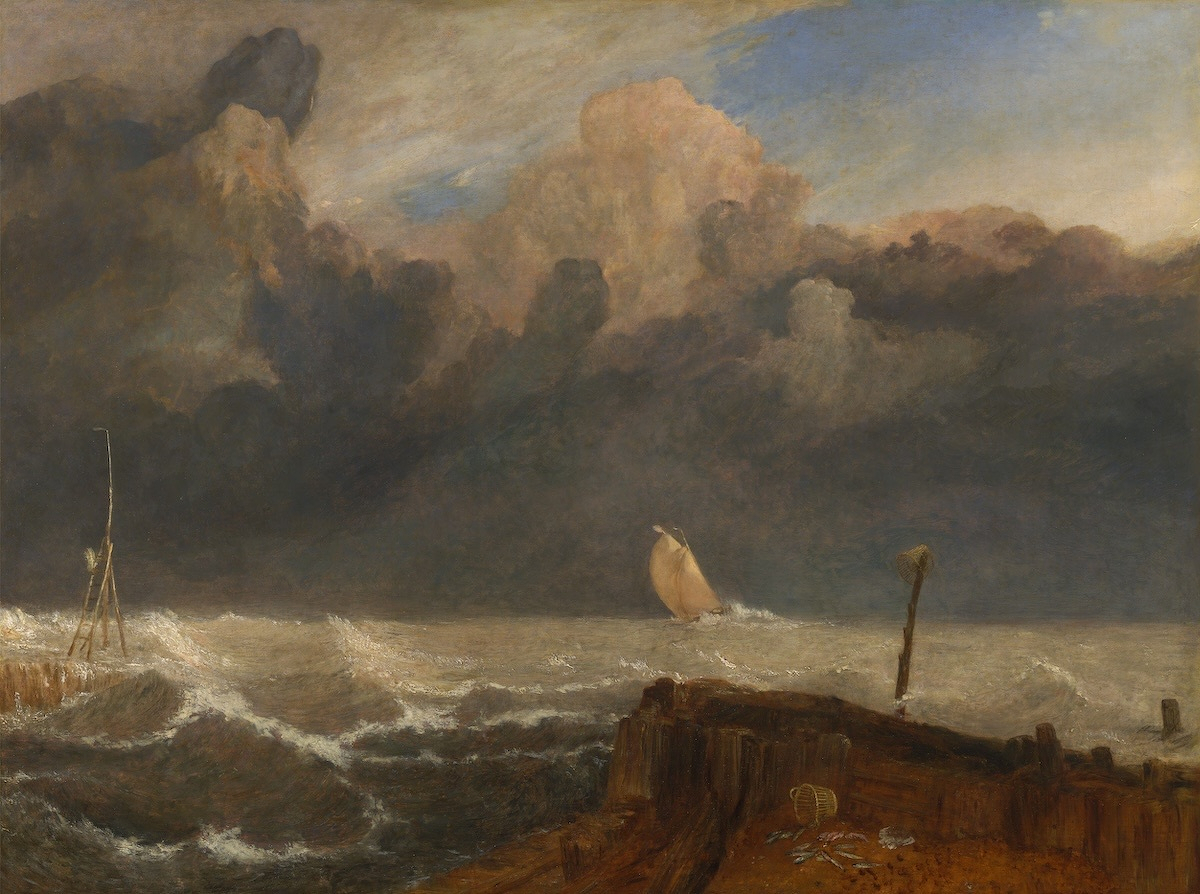
New issue of my newsletter: “The Library’s New Entryway” — An interface that combines the advantages of the traditional index with the power of LLMs is the path forward
